Top Considerations for Using a Firearm in a Disaster
Many people have this idea that when the grid goes down, the affected area is just going to turn into a “Wild West” type of scenario where all laws are thrown out the window and everyone walks around with a gun on their hip, and where you can’t go anywhere outside without hearing gunfire.
While there’s no denying that a true SHTF disaster scenario would be rather chaotic, the truth is that it would be quite unlikely to be like the Wild West scenario described above.
That’s because the authorities are still going to be in control and, if anything, the situation is going to resemble a martial law more closely than a Wild West.
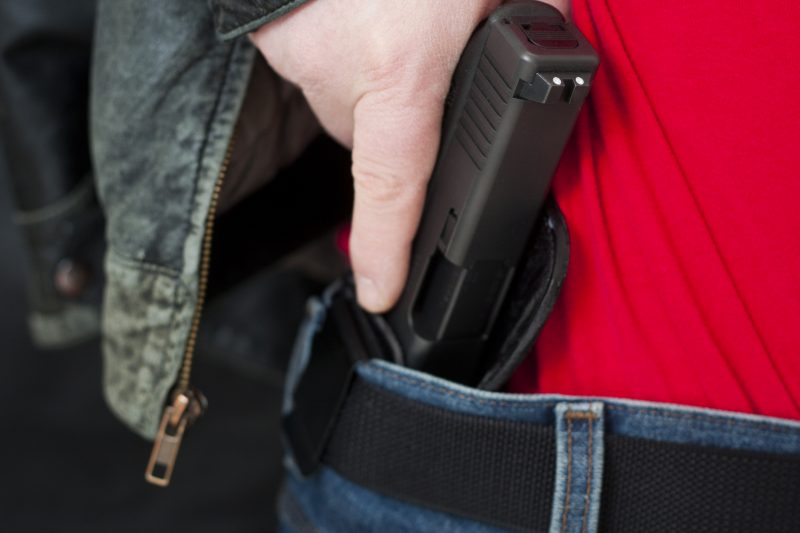
So if you thought that you could just strap a gun to your hip and walk around like nobody’s business, you should probably think again. Walking around with a gun is going to attract a lot of unwanted attention from both the authorities and from everyday people.
In fact, walking around with a gun on your hip during a disaster scenario could get you arrested – especially if the authorities want to keep everything under control, including the population. This isn’t to discourage from having firearms for self-defense, but it is to discourage you from walking around in a disaster with a handgun on your hip or a rifle or shotgun slung over your back.
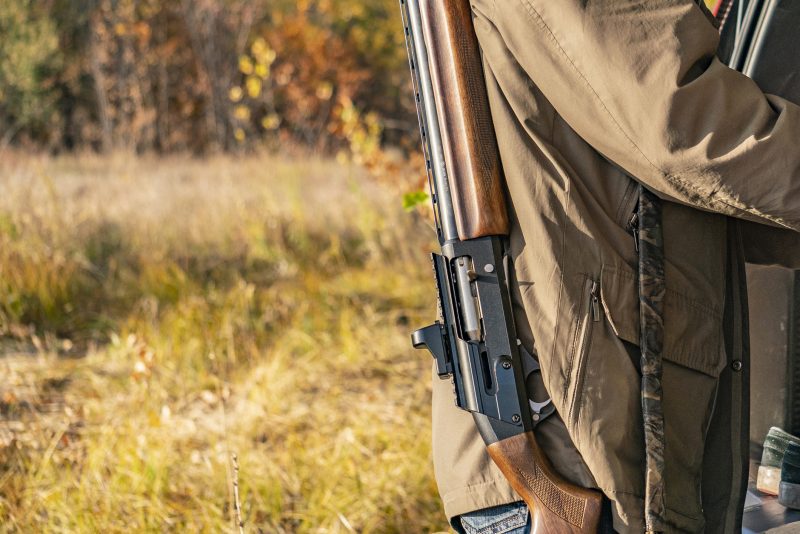
That’s not to mention that packing a firearm openly will also immediately label you as a threat to the rest of the people around you, and you’ll be much better served by flying under the radar.
But, at the same time, an SHTF disaster would be filled with your own threats as well, and it would be important to keep firearms on hand that you could quickly use for self-defense.
The best course of action would be to keep any handguns you have on your person concealed at all times and to keep rifles, shotguns, or other long guns out of sight and in your home or vehicle.
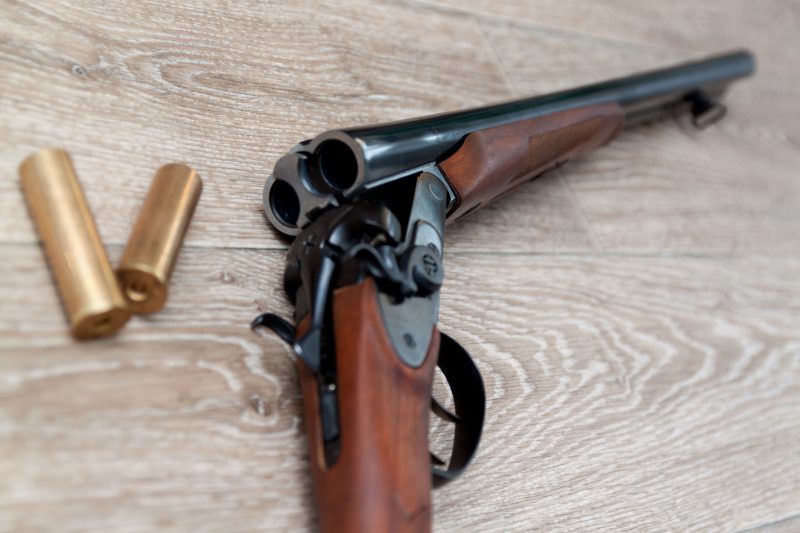
Another consideration to keep in mind is the defense laws. You will still have to obey those laws during a grid down disaster. Just because the grid has gone down, it does not mean that the law is going out the window. If anything, the law would be much more vigorously enforced, and it would be up to you to ensure that you abide by it.
With that in mind, you need to know that shooting somebody in self-defense, even if you are attacked during a grid down disaster, may not be legal. You may live in a jurisdiction where you have a duty to retreat first, for example, and you may not have stand-your-ground laws.
Furthermore, you may only be allowed to shoot another individual in self-defense if they have entered your home/property and if they are posing a significant threat to you and your life.
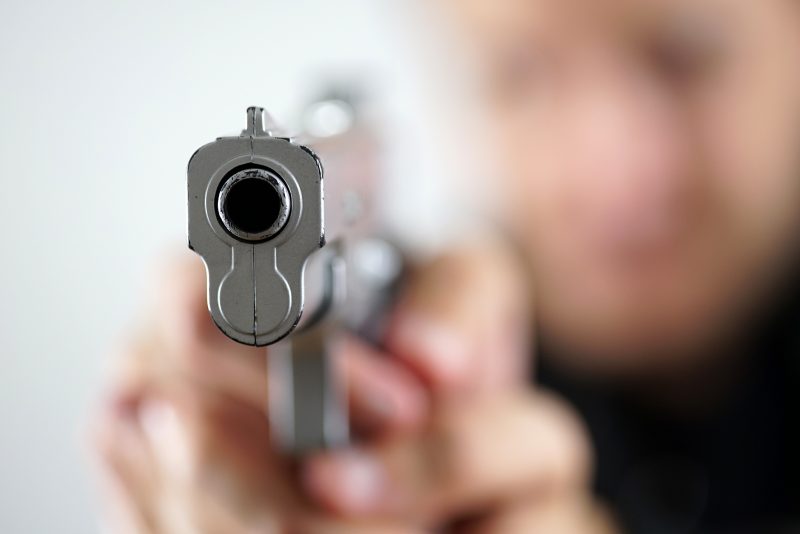
Another consideration for using a firearm in a disaster is your choice of weaponry. Contrary to what many people think, a handgun is not a good choice for a primary weapon. It’s great for concealed carry and as a backup, but as a primary weapon it leaves a lot to be desired because its range and stopping power are very limited.
In fact, handguns are naturally underpowered in terms of their caliber. A far superior option for defense would be a shotgun or, better yet, a semi-automatic rifle, which affords you much greater range, power, and capacity than any handgun will.
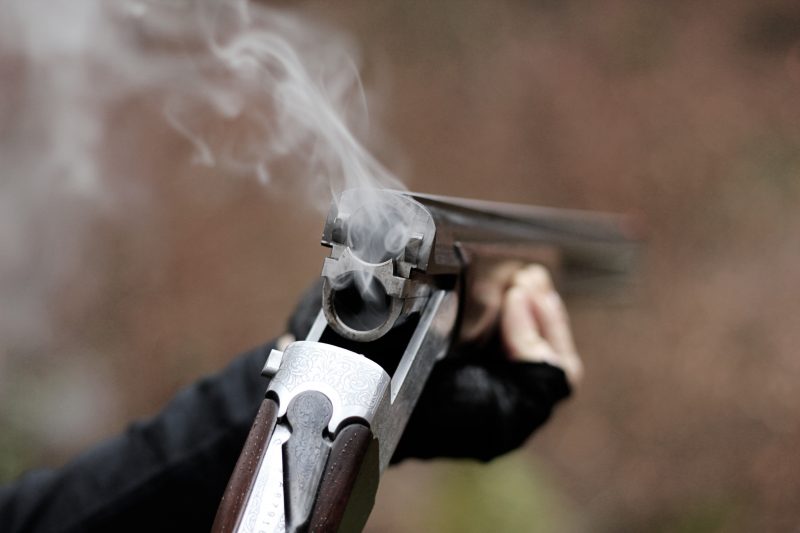
All in all, these are the top considerations for using a firearm in a disaster:
- Keep all of your firearms hidden
- Obey all firearm/defense laws even after the grid has gone down
- Use a rifle or a shotgun as a primary defense weapon and a handgun as a backup weapon
Stick to the above principles, and you should be good to go.





